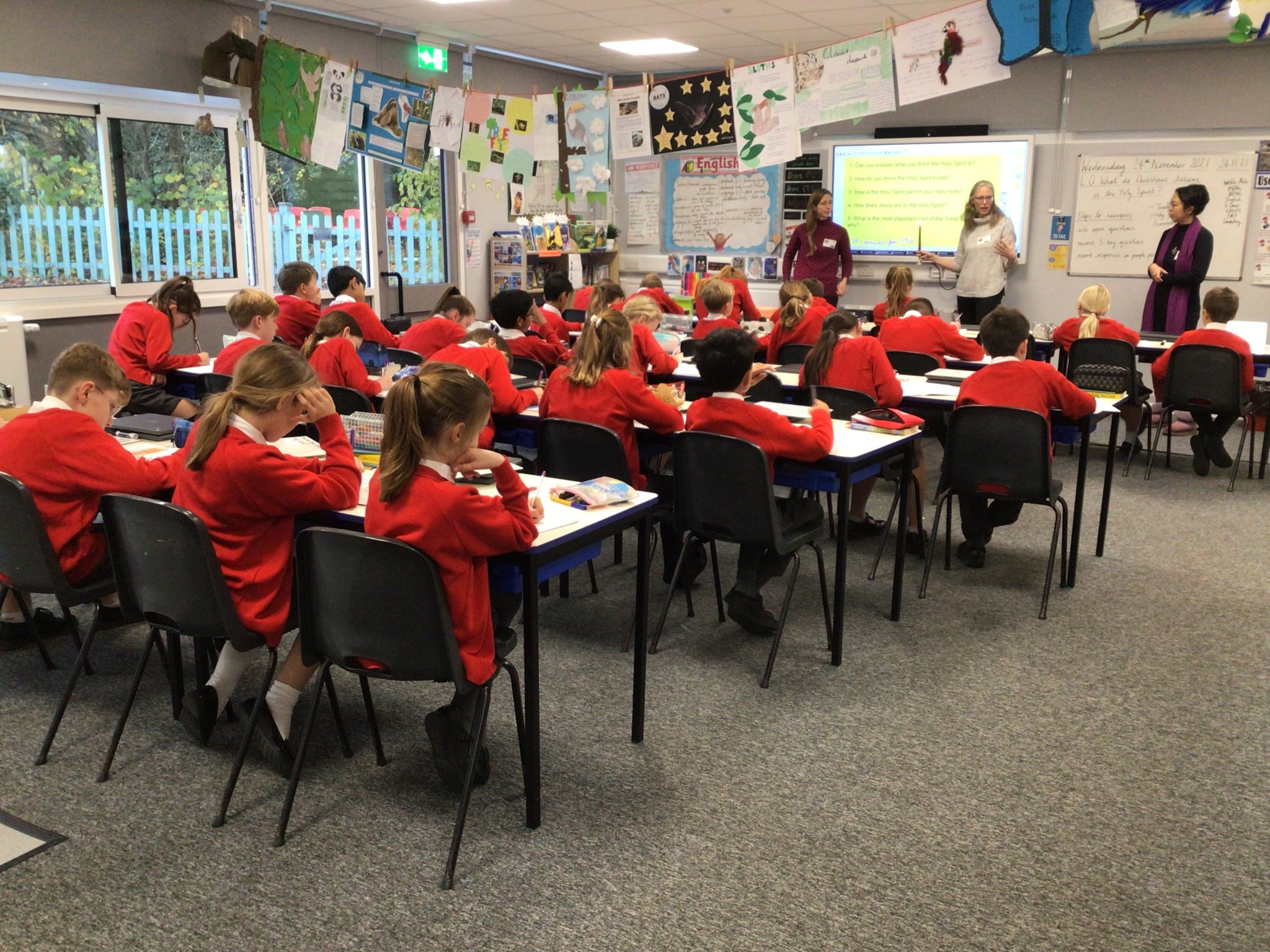Inclusion and Equality in Faith and Philosophy
In order to facilitate best learning outcomes for SEND children, many barriers are removed by using multi-sensory approaches, eg through drama and role-play, visits to places of worship, or sharing special meals (not possible at all times due to allergies and COVID restrictions). When teaching − eg visual, tactile, auditory and kinaesthetic approaches are used, such as supporting teacher talk with visual aids; using subtitled or audio described film/video or pausing a video and explaining key parts or details in a child friendly language. We use hands-on and creative tasks to motivate pupils. They stimulate interest and enthusiasm; are challenging but manageable; draw on real and familiar contexts; are relevant to pupils’ lives, and build on previous learning in the subject and in other areas of the curriculum.
We are aware that the concepts (learning about religions) being explored and the context of discussions in lessons are kept relevant to pupils’ lives − eg discussing meditation in the abstract can be off-putting; to discuss it in the context of relaxation techniques or mindfulness are more relevant and engaging. Moreover, learning about religion can present barriers for pupils with complex needs because of the abstract concepts involved. For example, some pupils will have difficulty understanding abstract concepts such as spirituality, belief, opinion, friendship, justice, cooperation, conflict and empathy. Therefore, Drama, role-play, games and simulations, (which are approaches used in our school) can develop understanding of such concepts.
We use artefacts, talks and visitors to allow pupils to understand aspects of the different faiths. Artefacts are used to develop pupils’ observation skills and use of language (children are asked to name an artefact and explain its purpose or significance to people of a particular faith). Artefacts can also be shared during special assemblies or at the start of lessons (or any other time).
Furthermore, key words, meanings and symbols are highlighted, explained and written up, or available in some other way (lesson slides). Instructions are given clearly and reinforced visually, where necessary. Wording of questions is planned carefully, avoiding complex vocabulary and sentence structures. Questions are prepared in different styles/levels for different pupils − careful preparation ensures all pupils have opportunities to answer open-ended questions. It may be necessary to present the same information in a range of different ways to aid understanding. Notes made about individual pupils’ difficulties/successes in the lesson take account of their oral contributions as well as their written work where SNAs scribe for children.
At WFJS, during Faith and Philosophy lessons, teacher questioning is aimed at all children during whole class discussion, where teachers would ask simpler questions for SEND children and pitch more complex (both in wording and in content) questions to more able pupils allowing ALL children to make expected or better progress in their knowledge and skills. As part of our learning ethos, we celebrate each child and their uniqueness and place in the school and the wider community. Children are invited to celebrate this by wearing special outfits (pertaining to their faith on their special celebration days i.e., Eid or Diwali) and sharing/teaching their peers traditions, customs and language associated with their faiths.
